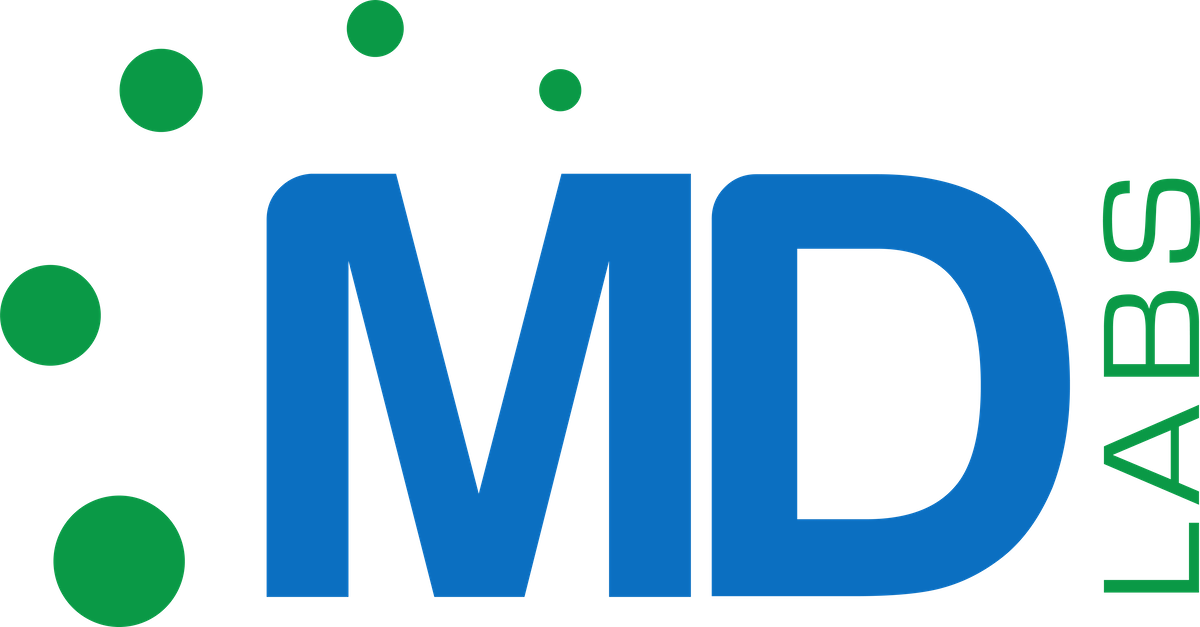With Ketamine Therapies on the Rise, Definitive Ketamine Metabolite Testing is Gaining Importance in Patient Monitoring by Prescribers
As ketamine therapy expands across the country, with an increasing number of clinics offering in-person and even at-home treatments, healthcare providers must carefully consider the implications of this growing trend. While ketamine shows promise for treating conditions like depression and PTSD, the risks associated with its use—especially in combination with other substances—cannot be ignored.
Ketamine, when used with respiratory depressants such as opioids, alcohol, or benzodiazepines, can exacerbate the risk of respiratory failure or overdose. Unfortunately, traditional presumptive drug testing, which is often utilized in clinical settings, does not detect ketamine or its primary metabolite, norketamine. As a result, clinicians may inadvertently overlook its presence during routine toxicology screenings, potentially compromising patient safety.
To address this gap, definitive testing for norketamine is necessary. Only specialized laboratories utilizing advanced techniques, like Liquid Chromatography-Tandem Mass-Spectrometry (UPLC-MS/MS), can accurately identify this metabolite. Providers should seek out these definitive testing options to ensure that ketamine use is properly monitored, particularly in patients undergoing ketamine therapy.
Baseline testing also plays a vital role in patient care before administering ketamine. A thorough toxicological profile, including screenings for substances like opioids and alcohol, is essential to rule out the potential for dangerous drug interactions. By conducting comprehensive baseline assessments, healthcare providers can mitigate the risk of adverse drug reactions and ensure a safer treatment plan for their patients.
Recent headlines have brought attention to the dangers of combining substances like ketamine with other medications. In high-profile cases, such as the death of actor Matthew Perry, autopsy results revealed the presence of both ketamine and buprenorphine in his system. Buprenorphine, an opioid commonly used to treat addiction, can act as a respiratory depressant when combined with other central nervous system depressants like ketamine. This tragic case underscores the importance of thorough and accurate testing, especially when prescribing ketamine, to prevent dangerous drug interactions and protect patient safety.
At MD Labs, we are committed to supporting healthcare providers with the most precise and reliable toxicology testing available. Our advanced UPLC-MS/MS testing offers the sensitivity required to detect ketamine and its metabolites, providing clinicians with the crucial information they need to make informed treatment decisions. Every specimen we process undergoes rigorous screening to ensure accuracy and reliability.
As ketamine continues to gain traction in the clinical landscape, and with a deficit of reliable presumptive testing for the drug, definitive toxicology testing is essential. Partnering with a trusted laboratory that offers specialized testing for ketamine metabolites can make all the difference in patient safety and treatment outcomes.
For more information about our toxicology services and how MD Labs can support your practice, visit our website, or contact us today.
